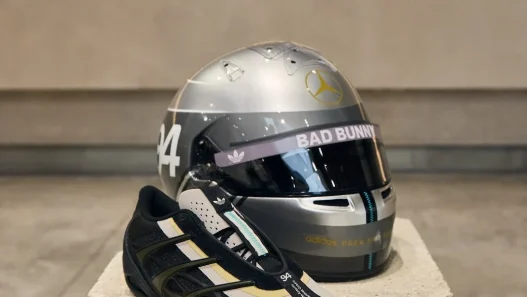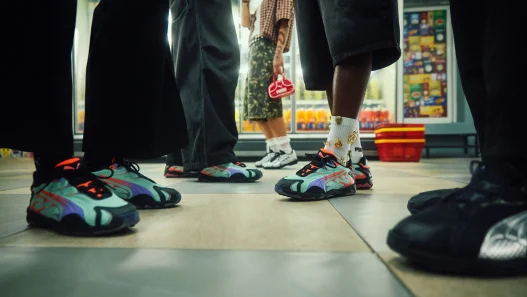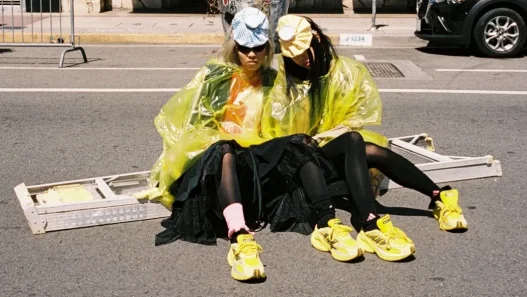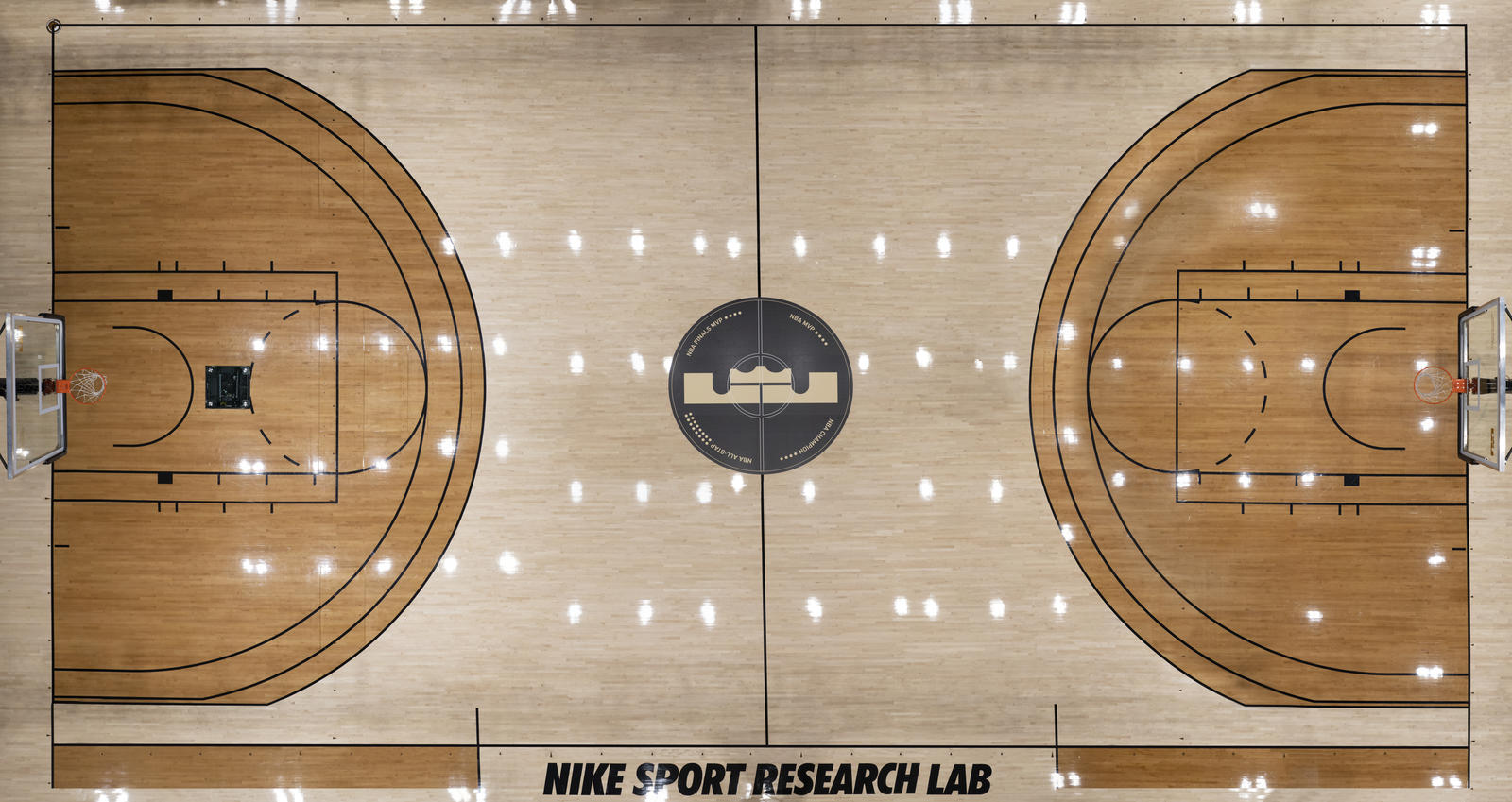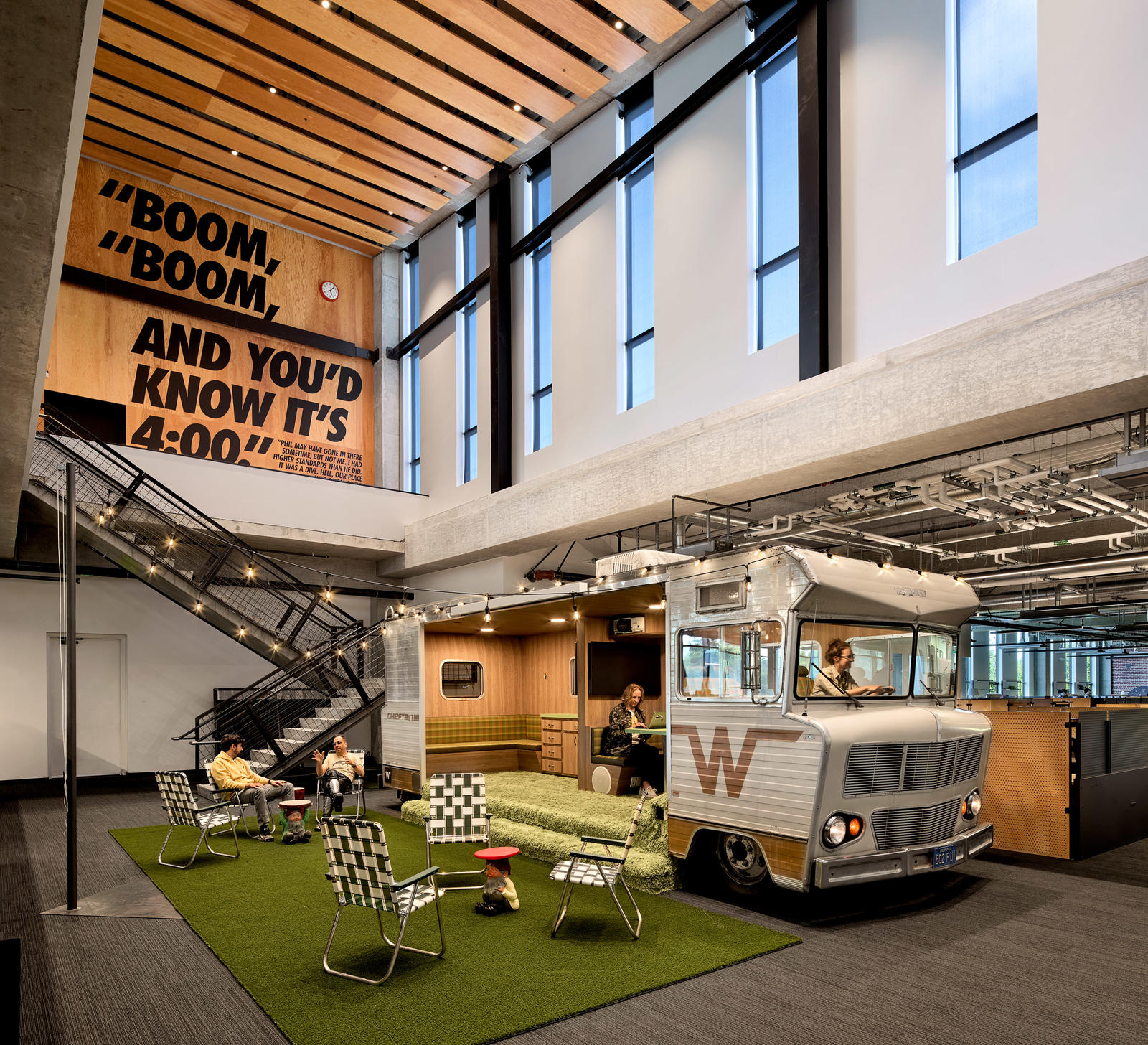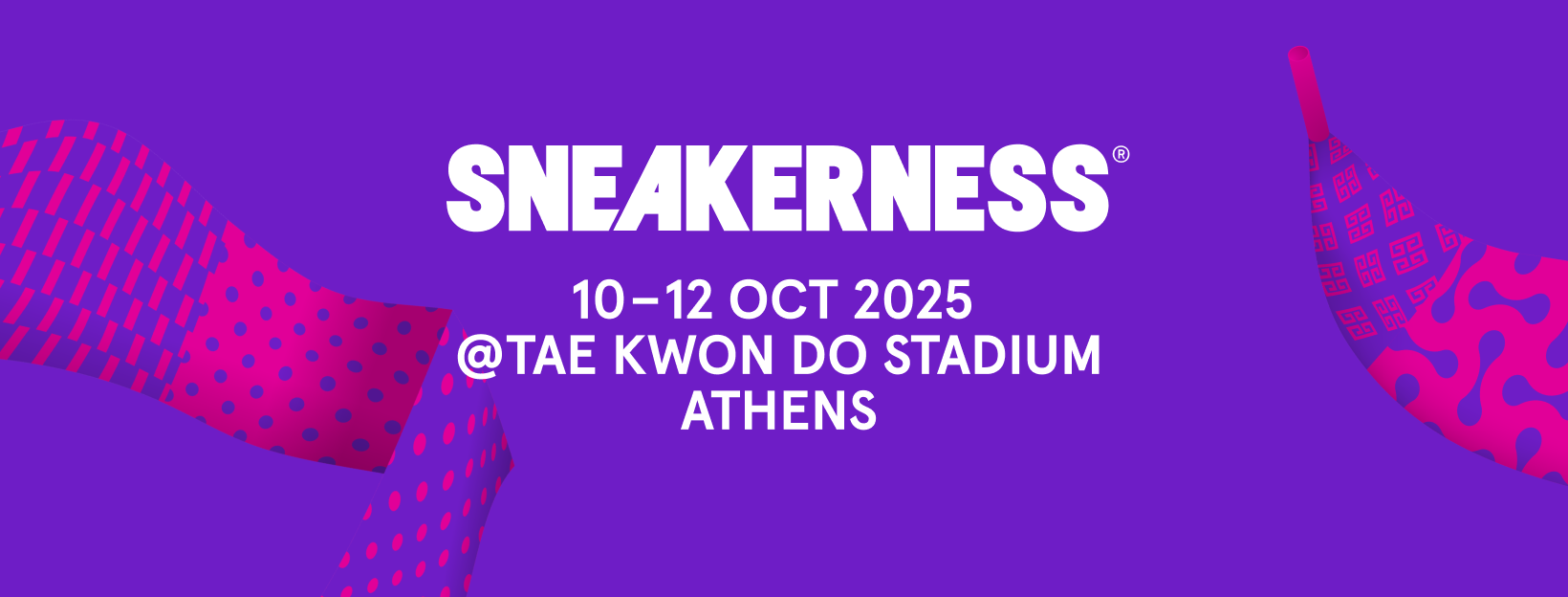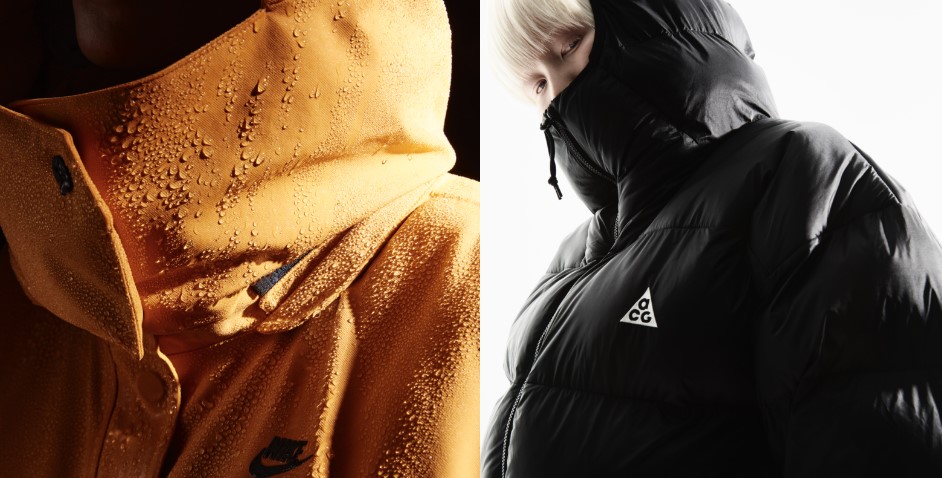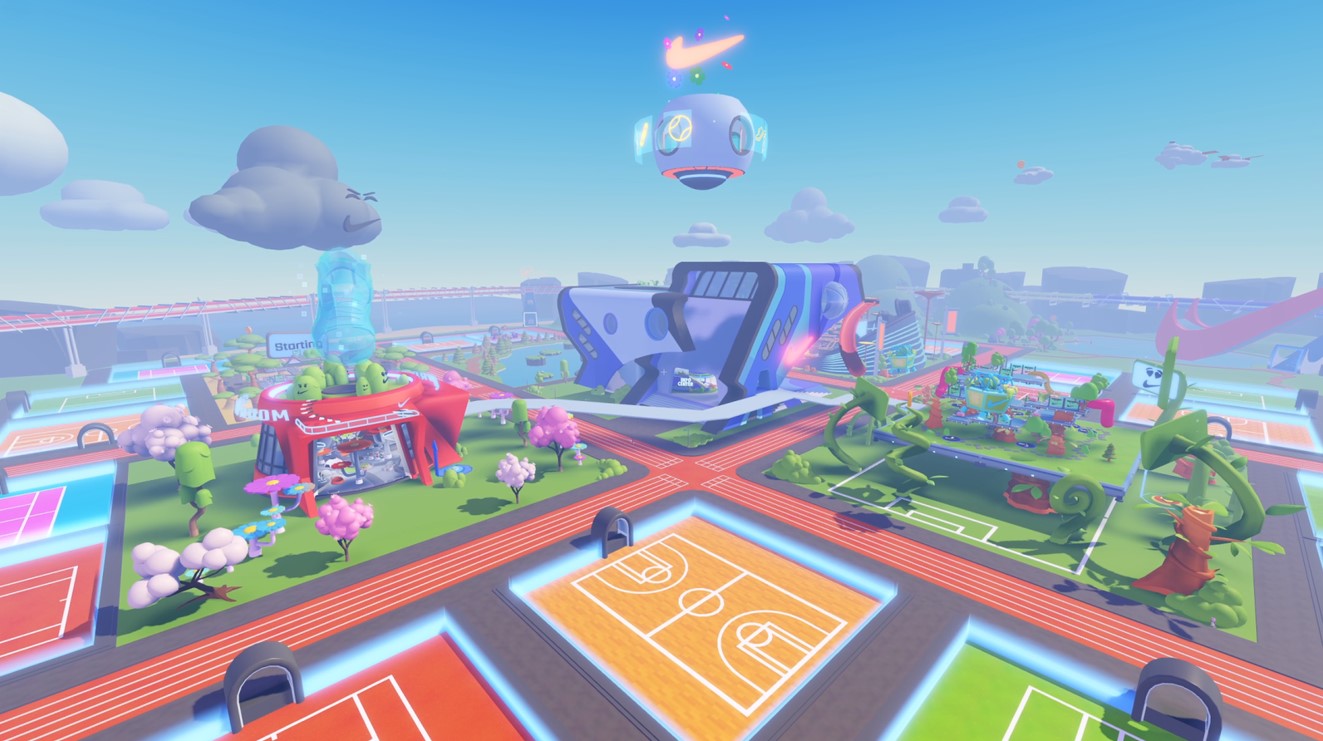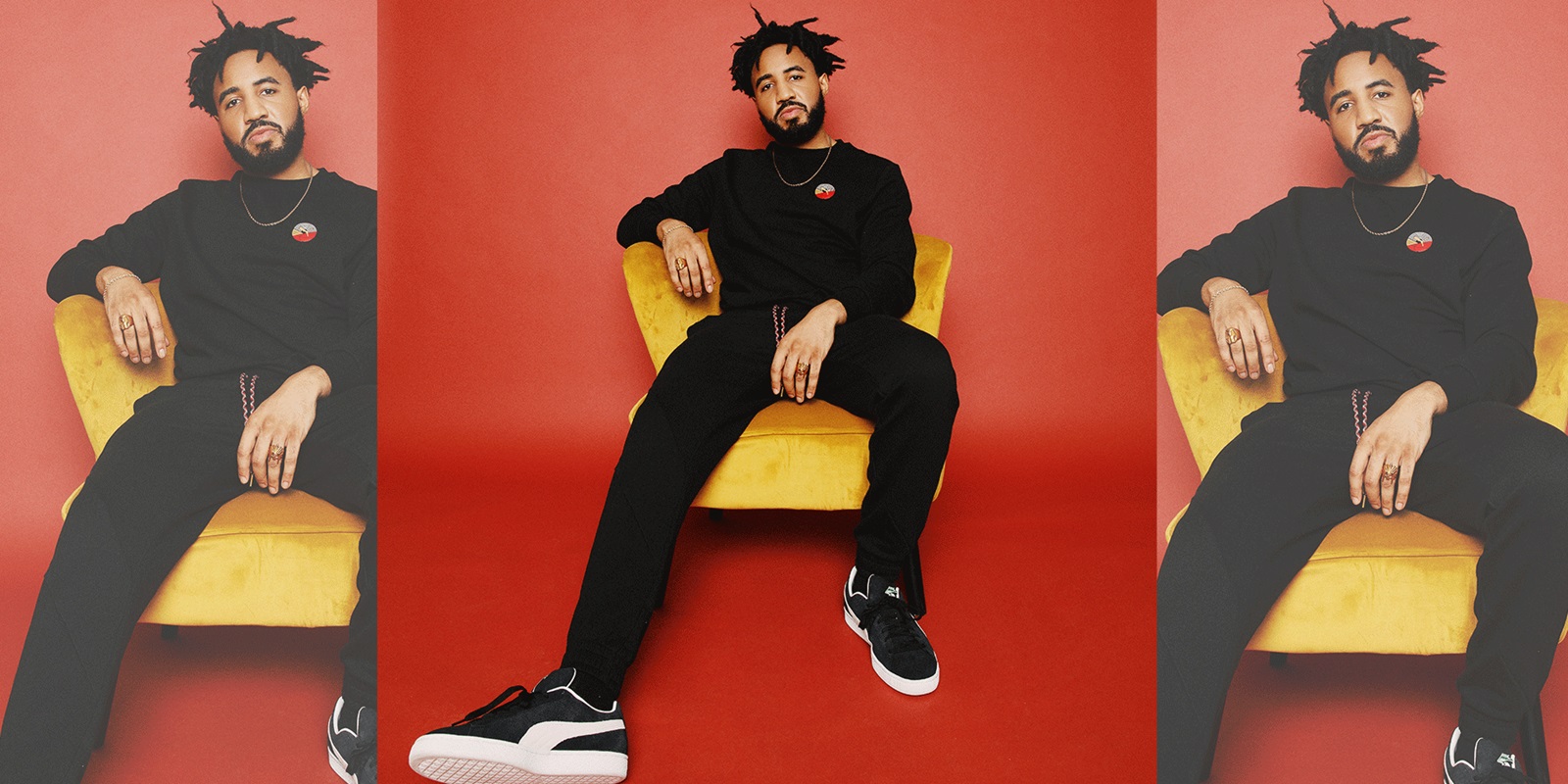With its cantilevered top floor, the LeBron James Innovation Center is an attention grabber; its boldness is a spectacle of Nike’s sport-research capabilities. On that floor, the Nike Sport Research Lab (NSRL) is reborn, housing the world’s largest motion-capture installation (400 cameras), 97 force plates, body-mapping equipment and so much more. In the words of Matthew Nurse, PhD, VP of the Nike Explore Team Sport Research Lab, “The NSRL is the epicenter of where we work with athletes of all abilities, all backgrounds, all skills and all sports.”
Some 40 years after its establishment in Exeter, New Hampshire, the NSRL continues to set the tone for performance breakthroughs. Within the LeBron James Innovation Center, the NSRL positions Nike for future decades of game-changing products and experiences for all athletes.
“Athletes can move here at full speed, full motion — they can just play,” says Dr Nurse.
By the Numbers
The LeBron James Innovation Center is where listening to the voice of the athlete is made tangible. While athletes are observed, other people are at play too: prototyping, testing, and, yes, creating the future. The goal is to understand unique needs and opportunities, contextualize challenges, and generate breakthroughs across the spectrum of play and movement in a variety of environments.
The new scope of the NSRL is fivefold the footprint of its predecessor. Facilities include a full-size basketball court, a 200-meter endurance track, a 100-meter straightaway, and an artificial turf training pitch — all in service of capturing athletes in motion at full speed. Along with the force plates and motion-capture equipment mentioned above, a series of four advanced climate chambers mimic a variety of conditions. These advancements support an expansion of research and development that encompasses both mental and physical well-being.
“Our goal every single day is to make athletes better and to make the world better for athletes,” says Kathy Gomez, VP of Footwear Innovation. “Understanding more types of bodies, more genders, more backgrounds and different ability levels helps us create better and more specific product.”
The insatiably curious community that works in the space allows for an intersecting mix of talent, from biomechanics researchers and robotics experts to computational designers and patent pros. In fact, the LeBron James Innovation Center is designed to facilitate collaboration and expeditious prototyping (created in under an hour).
“In the innovation space, we take information from the NSRL, and we are able to look at different ways to solve an athlete’s problem. It gets extremely interesting,” says Janett Nichol, VP of Apparel Innovation. “In a conventional way of building a product, we would just go straight to a material, get a pattern, sew it, and then that would be it. Here, we can go to anything from biology or chemistry to pushing the limits of a machine to create a very different experience with material.”
Once prototypes are made, capacity to test — and to adjust, test and repeat until an idea is solidified — is right there. It’s an undertaking informed by the scientific process.
“In the very beginning, we were a company for elite runners. We expanded to recreational runners, and then we got into other sports,” says Tom Clarke, President of Innovation. “At every step along the way, it’s been necessary to provide the research, and the scientific proof, that we’re making our products better.”
Sustainability Snapshot
- 908 solar panels on the roof
- 100% renewable electricity
- 40% less water thanks to water-efficient fixtures
- 21,210 lbs of Nike Grind used to create the NSRL flooring


